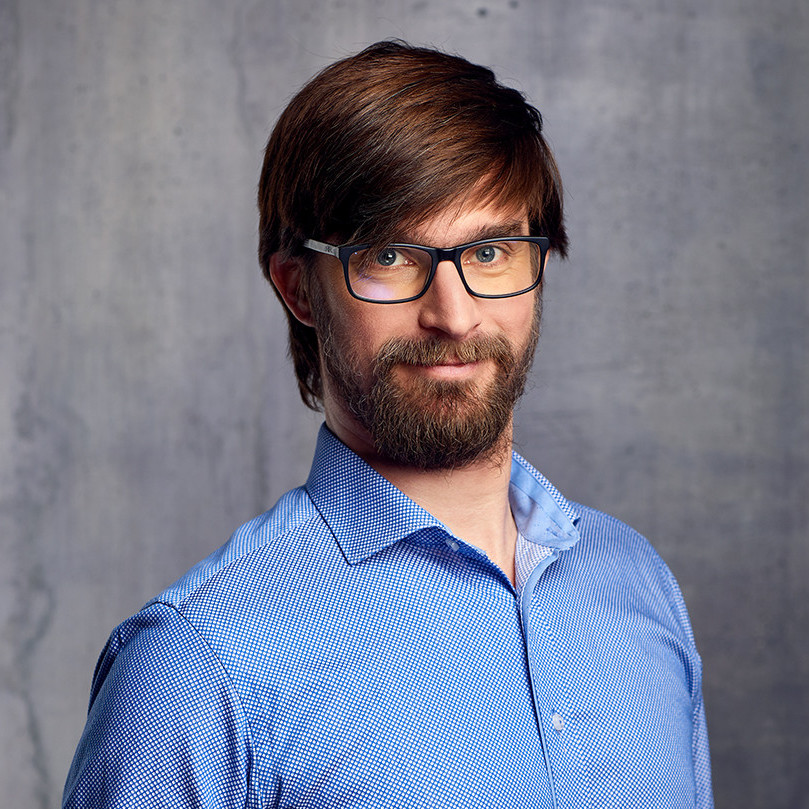Although the discussion on sustainability has started more than 50 years ago, there is arguably a lot left to be discovered in terms of what the concept means and how it could best be integrated into our daily lives, both nationally and globally. So it is in the context of constantly discovering the semantics of sustainability that I find networking conferences to be extremely useful in convincing the research community to find a common language, collaborate and inform themselves on what is available for them in terms of legislation, funding and political will.

The City Hungary Conference which took place on 29th October 2013 was a good opportunity to see how the concept of sustainability is integrated in the Hungarian discourse and plans for urban development, especially given that I am mostly involved in EU-funded projects. With the aim to follow the EU’s plans for 2020, but also as a means of keeping track of what is happening in the country, the conference brought together several companies, members of the political environment and, of course, researchers such as myself.
To begin with, I liked the setting of the conference and its overall organisation. The decision to go for a big, old retrofitted industrial building in Buda was extremely appropriate for an event which aimed to include so much. In terms of the event itself, there were some interesting discussions and speeches.
One of the presentations which I personally thought to be of use for those in my position came from Katalin Szili, member of the Hungarian parliament. As chair of the Committee on Sustainable Development, Ms. Szili gave a good overview of how the Committee sees and acts towards sustainability, as well as how this is represented in the legislation process, for instance. On this occasion I learned that, this year, the Hungarian Parliament accepted the National Sustainable Development Strategy, which will be valid until 2014. This measure will have a visible impact on future legislative procedure at local, regional and national level. My belief is that researchers need to pay good attention to what politicians say because it is them really who decide how and when to implement the EU’s general recommendations with regards to sustainability research.
Another interesting point for me was a presentation from a Hungarian ESCO, a company dealing with financial services for energy-related projects. As a business-minded project developer, it was great to hear that, for the 2014-2020 period, there will be three times more money for energy efficiency and renewable energy projects than it was for 2007-2013. In figures, the Hungarian government will provide 800 billion Forints in the next years. This type of information is vital for researchers. Basically, the main point is that if we know what budget to expect in Hungary for the type of activities which some of us are involved in, then we will be able to manage the projects efficiently and without unpleasant surprises, as we would have an approximate estimate of the time and effort which are to be invested.

From my observations throughout the entire event, the projects which got the most visitors to their stands were those which had a strong visual presence. I envied a stand that brought a machine which saves energy so that participants could test it for themselves. In terms of socialising with the rest of the participants, again, it was interesting to see what other are working on. For instance, it was useful to exchange views with representatives of the industry, particularly big companies which can do large-scale replicas of the projects I am working on. However, this forum was focused to showcase most of the aspect of the sustainable development aspects in urban environment. Thus it was evidently hard to find a common ground, a focused topic, as well as to easily identify among the audience those we could get in touch with for effective talks concerning ICT and urban-building master planning.

What is always important to remember is that scientists need to find a common language when they talk to the rest of the world. First, they need to find the appropriate “audience” and the right way they give their talks. We may be doing something interesting, but that something needs to be explained in easier terms. Secondly, from a technical point of view, there are always more possibilities of doing one thing, so we as researchers can go into so many directions, not knowing what else is happening in some other project’s back yard, nor in the parliament’s for that matter. So, given the need for a transparent flow of information between all parties involved, not to mention a clear direction for state of the art research, conferences like the City Hungary one represent a good opportunity to exchange views and learn from each other.




